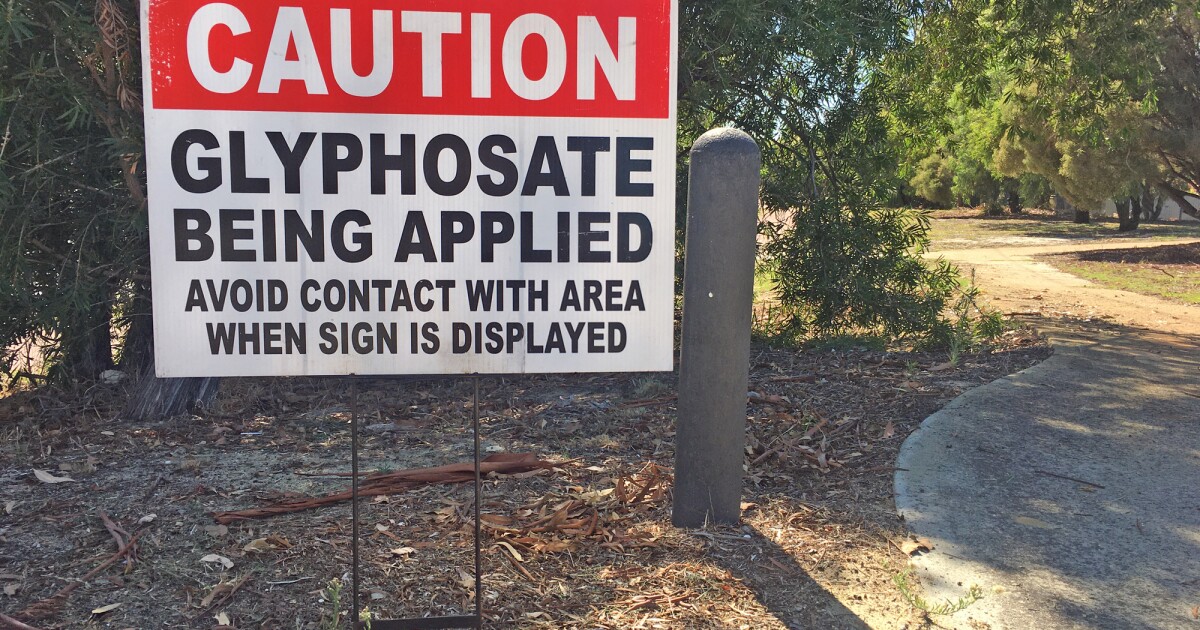Unexpected new findings from researchers at Johns Hopkins University suggest that the most widely used herbicide in the world appears to weaken insects’ immune systems. An experiment with mosquitoes known to spread malaria suggests that the chemical may increase the insect’s susceptibility to parasitic infections and potentially increase the risk of transmitting human diseases.
Glyphosate is a weed killer that has been widely used in agriculture since the 1970s. It kills plants by disrupting a crucial metabolic process called the shikimate pathway. The pathway is only present in plants, so for many years glyphosate was considered the ideal herbicide – harmless to everything but plants.
However, in recent years there have been concerns about the chemical’s impact on the environment and humans. Austria and Vietnam were two of the first countries to completely ban the herbicide, while several other countries will see a gradual phase-out of the herbicide in the years to come.
The effects of glyphosate on insects remain controversial. Studies have shown that the herbicide can destroy intestinal bacteria in insects and this can lead to behavioral or physiological changes. A new study suggests that glyphosate can impair insect immunity, which can lead to harmful consequences for human health.
As early as 2001, a team of researchers examined the effects of glyphosate on fungi and found that the chemical inhibits the melanin production of fungi. For humans, melanin is primarily a protective skin pigment, but for insects, the molecule plays a crucial role in immunity.
For the new study, the researchers wondered what influence glyphosate had on insect immunity, since the chemical was known to interfere with melanin production. The effects of glyphosate were studied using two evolutionarily different insect models: an African mosquito known to carry malaria and a type of wax moth.
In both models, the researchers found that glyphosate inhibits melanin production and makes the insects more susceptible to pathogenic infections. However, the mosquito studies produced some of the most worrying results.
“Mosquitoes exposed to glyphosate were less able to control Plasmodium infections that they would otherwise have resisted, suggesting that glyphosate exposure could make them better vectors of malaria,” says co-first author Daniel Smith . “These results raise concerns about the increasing use of glyphosate in regions of the world where malaria is endemic.”
An influential 2017 study presented controversial findings that up to 75 percent of flying insects have disappeared in the past 25 years. Since then, scientists have struggled to understand exactly what is happening to insect populations, as some studies have shown increases in the incidence of certain insects while others have seen significant decreases.
Arturo Casadevall, author of this new study from the Johns Hopkins Bloomberg School of Public Health, does not draw a direct line between this research and hypotheses about global insect declines. However, he points out that this new finding is unexpected and should serve as a reminder of the difficulty in predicting the effects of chemicals on the environment.
“Our results show unexpected effects of a widely used herbicide and alert us that the spread of these chemicals in the environment can have unintended consequences,” says Casadevall.
The new study was published in the journal PLoS Biology.
Source: Johns Hopkins Bloomberg School of Public Health








